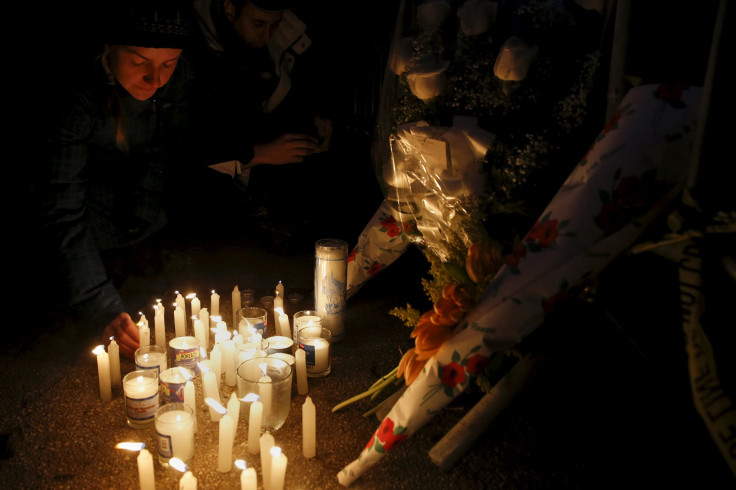Sabbath Safety: Brooklyn Fire Spurs Orthodox Jewish Rush For Smoke Detectors, Fire Safety Info

One item is flying off of shelves in stores across Brooklyn this week, and it’s not artisanal cheese. The New York City borough’s Orthodox Jewish community, the largest in the world outside of Israel, is stocking up on smoke detectors in preparation for the Sabbath beginning Friday evening, following a fire last week that killed seven children from an Orthodox family.
"I usually don't ever get calls about smoke detectors, but over the past few days we've had at least 10 people an hour calling about them, most of them Orthodox families in the neighborhood," said an employee at the Buzz electronics store in Brooklyn’s Borough Park, a short distance from the site of the fire, which happened last Saturday. “We also don’t usually run out of them, but we were completely sold out by Tuesday.”
The fire, one of New York City’s deadliest in years, was believed to have been started by a hot plate, which many Orthodox Jews use to keep food warm during the Sabbath. Kindling fire or manually adjusting an electrical switch is forbidden to Orthodox Jews on the holy day, leading many to leave electronic devices, including hot plates, on during the 25-hour period.
The common practice is now under scrutiny as Orthodox communities in Brooklyn and elsewhere turn their attention to improving safety around the observation of the Sabbath. The news that the victims did not have working smoke detectors on the main floors of their home has served as a wake-up call for many about the importance of the devices.
After selling out of its stock of smoke detectors, the Buzz electronics store received a donation of hundreds more from Assemblyman Dov Hikind, a leader of the community. That stock, which the store distributed for free, ran out in under 25 minutes. Inquiries to an electronics store in Crown Heights, another Brooklyn neighborhood with large numbers of Orthodox Jewish residents, were rebuffed by a sales clerk who said he was far too busy selling smoke detectors to talk, and was currently in the middle of explaining how to install a smoke and carbon monoxide alarm to an older Orthodox woman.
Smoke detectors aren’t the only aspect of fire safety people have been rushing to investigate either, according to the Buzz employee, who would only give her first name, Rizky. “Quite a few people have been coming in and asking about their electronic devices, if they’re safe, what the most trusted brands are, which companies are better,” she said.
Similar conversations are also taking place on social media, where many Orthodox Jews, both within and outside of the community in Brooklyn, are sharing safety tips for the Sabbath, said Chana, 32, an Orthodox Jew and a lifelong Brooklynite who requested that her last name not be used. “I keep seeing all of these different conversations on Facebook,” she said. “One suggestion was wrapping all your food to keep it heated. A lot of people have also suggested only using a crockpot from now on and no more hot plates.”
Chana’s husband, who is an electrician, has also been using social media to strategize with other electricians in the community about ways to use their service calls to help clients with fire safety. “One thing that they’re doing is bringing along a couple of extra smoke detectors and offering to install them free of charge,” she said. “People in this community, we’re very attached. When something happens, the whole community feels it and people come together and will do anything to help.”
An estimated 561,000 Jews live in Brooklyn, out of the nearly 1.5 million Jewish residents of the New York area, according to a 2011 survey. While this number accounts for Jews of all denominations, areas like Borough Park, where nearly 78 percent of residents identify as Jewish, have long been Orthodox enclaves.
With candle-lighting playing a prominent role in the approaching Passover holiday, observant Jews around the city are rallying to promote fire safety education efforts. The Jewish Community Relations Council has encouraged schools to address fire safety in classrooms, while the New York Board of Rabbis has urged member congregations to distribute fire safety guidelines ahead of Passover, which begins April 3. “This tragedy has taken the matter [of fire safety] to a new level,” said Rabbi Joseph Potasnik, the board’s executive vice president and the New York Fire Department’s Jewish chaplain. “There is going to be a collective response.”
© Copyright IBTimes 2024. All rights reserved.






















